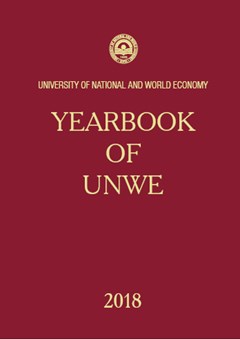Training Models for Public Sector Servants: the Experience of France and Bulgaria
Author: Polya Katsamunska
Abstract
The issue how civil servants are trained, and the need to facilitate their learning as well, is one that is becoming ever more crucial to the future of good governance and administration. Without question, the increased demand for competent and qualified public administrators raises the stakes for effective public administration training even higher.
The truth is that training is not a miracle cure for solving all management and administrative problems, but it is one of the human resources development practices which, in an integrated manner, is used to obtain meaningful change and renewal. Training assists the government to develop the professional capacities of public servants and to promote institutional change. Certainly, designing and implementing a training model is not an easy job, because the system and practices of training should appropriately address the increasing demand for high-level, up-to-date knowledge and skills. In order to achieve this, new approaches need to be explored.
This study seeks to deal with the meaningful role of training civil servants by examining from a comparative perspective the national training systems and institutions for training civil servant in France and Bulgaria. In doing so, the political and administrative context of each country is considered, because the choice of the training model is greatly determined by the established system of public administration and its traditions. The reason for choosing these two countries is because the system of the Bulgarian administration qualifies as a career model which has similarities with the French model.
JEL: H1, H7, I2

